In 2018, only four House members lost primary elections, two Democrats and two Republicans. Successful primary challenges are rare events, yet members of Congress consistently articulate fears that they will lose their quest for re-nomination to fellow party members. In a new paper, entitled “Anticipating Trouble: Congressional Primaries and Incumbent Behavior,” Elaine Kamarck of Brookings and James Wallner of the R Street Institute tackle this puzzle head on.
Kamarck and Wallner argue that members of Congress may act as if they will face a primary challenger even if that is not especially likely to happen and, if it does, that the challenger is not particularly likely to win. They outline how existing work in political science explains why legislators might do this, and they draw on interviews with current and former members to explore how exactly they adjust their behavior out of fear of being primaried.
This notion that members of Congress worry about electoral consequences that might not come to pass is hardly a new idea; forty years ago, my Brookings colleague Thomas Mann wrote a book entitled Unsafe at Any Margin that explored why legislators were concerned about their re-election chances in a period of rising incumbency advantage. But exploring it is just as important in the current congressional context, because it illustrates a key dynamic in contemporary legislative behavior. What members believe to be true about their electoral situation can be a powerful force in shaping their behavior, even if their perceptions of the environment overstate the risk they face.
The consequences of perceptions for legislators’ behavior can be seen inside and outside of Congress itself. As my Brookings colleague Vanessa Williamson discusses in a new paper about the GOP’s 2017 tax bill, one reason that congressional Republicans pursued unpopular tax cuts aggressively and on an accelerated schedule is because they believed that if they did not, some high-dollar Republican donors would withhold financial support for their campaigns. We cannot know if such contributors would actually have failed to finance GOP campaigns in 2018, but it appears that Republicans who responded may have believed that the threat was real.
We also see this kind of self-protective behavior in members’ response to changes in campaign finance law that have made it easier for large sums of money to flow into congressional races, including the Supreme Court’s decision in Citizens United. As political scientists Eric Heberlig and Bruce Larson have shown, concerns from incumbent House members about the prospects of large influxes of outside spending into their races may have been among the reasons that they have reduced the amount of money from they send from their campaigns to their parties’ congressional campaign arms. Instead, they keep these funds for themselves in what political scientist Norm Ornstein described in a 2012 interview as follows: “you could call it a rainy day fund. You could call it an arsenal. A stockpile of nuclear weapons, just in case there’s a sneak attack.”
Importantly, there’s some evidence that members’ perceptions of electorally-relevant information aren’t always accurate. As David Broockman and Chris Skovron have demonstrated, state legislators from both parties systematically over-estimate the degree to which their constituents hold conservative policy preferences on some issues. Something similar may be the case with the behavior Kamarck and Wallner are investigating, with members regularly misperceiving the threat they face.
At the same time, it’s possible what members tell Kamarck and Wallner they are doing is working and that, absent it, things would be different—members of Congress would, in fact, get primaried more often and/or that those same party opponents would be more successful. As they discuss, that question can be difficult to answer with the available empirical data. But members simply need to believe the threat to be real and to change their behavior accordingly for this dynamic to have consequences for how Congress works.
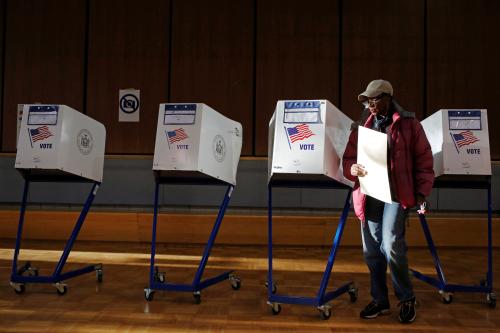
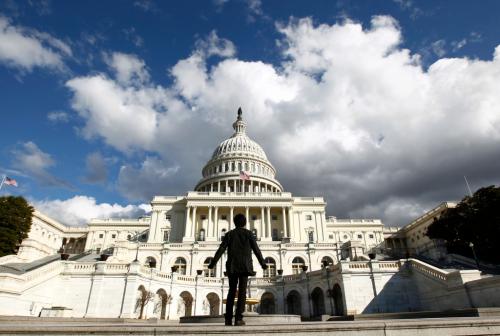
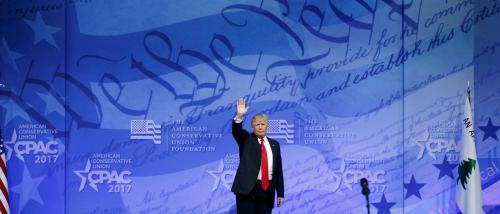
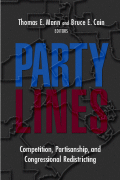
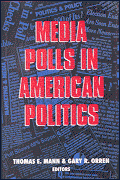
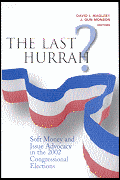


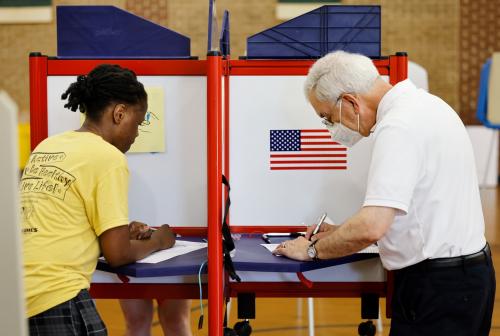
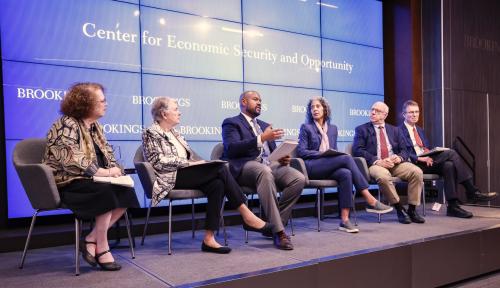
Commentary
Even the perceived threat of a primary alters behavior in Congress
October 30, 2018